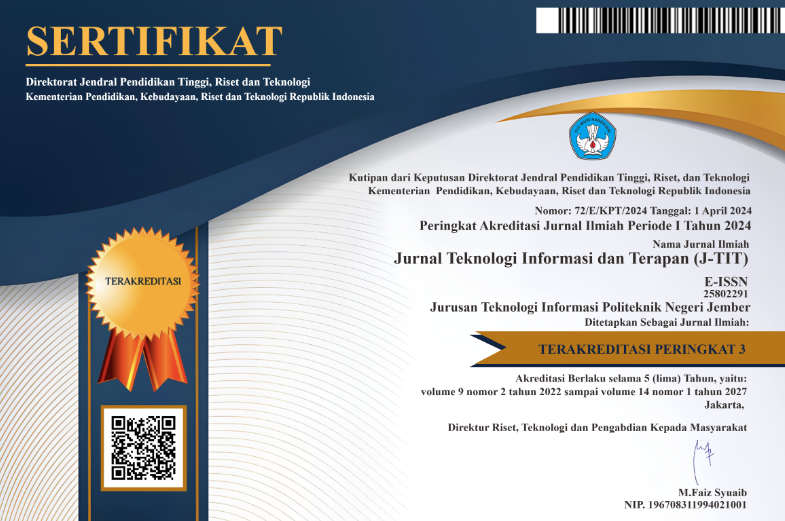Current Stabilisation of Lithium Polymer Electric Vehicle Battery Using Fuzzy Logic Control
Abstract
Renewable energy in electric vehicles (EVs) is crucial and requires careful consideration. To determine the initial capacity of lithium polymer batteries used in electric vehicles development, the batteries must be tested under various load and discharge conditions. The issue is that an increase in the level of load typically results in a corresponding decrease in battery lifespan. To extend the operational lifespan of the battery, it is necessary to conduct a variety of loading tests. These procedures involve monitoring battery voltage, current, and temperature during discharge with a 5-watt lamp load. The results of the study demonstrate that fuzzy control is an effective method to minimize the increase in battery temperature by stabilizing the current used by the battery. The fuzzy control system effectively regulates the battery with a capacity of 3300 mAh and a voltage of 11.1 Volts, maintaining a stable current of 0.3 A from the 3rd minute until the battery reaches its maximum capacity at 63 minutes. Fuzzy control delays the battery's temperature rise by approximately 14 minutes compared to a system without it. Temperature rise significantly affects the discharge speed of lithium polymer batteries
The Authors submitting a manuscript do so on the understanding that if accepted for publication, copyright of the article shall be assigned to Jurnal Teknologi Informasi dan Terapan (J-TIT) and Department of Information Technology, Politeknik Negeri Jember as publisher of the journal. Copyright encompasses rights to reproduce and deliver the article in all form and media, including reprints, photographs, microfilms, and any other similar reproductions, as well as translations. Authors should sign a copyright transfer agreement when they have approved the final proofs sent by Jurnal Teknologi Informasi dan Terapan (J-TIT) prior to the publication. The copyright transfer agreement can be download here .
Jurnal Teknologi Informasi dan Terapan (J-TIT) and Department of Information Technology, Politeknik Negeri Jember and the Editors make every effort to ensure that no wrong or misleading data, opinions or statements be published in the journal. In any way, the contents of the articles and advertisements published in Jurnal Teknologi Informasi dan Terapan (J-TIT) are the sole responsibility of their respective authors and advertisers.
Users of this website will be licensed to use materials from this website following the Creative Commons Attribution 4.0 International License. No fees charged. Please use the materials accordingly.

This work is licensed under a Creative Commons Attribution-Share A like 4.0 International License
You are free to:
- Share — copy and redistribute the material in any medium or format
- Adapt — remix, transform, and build upon the material for any purpose, even commercially.
- The licensor cannot revoke these freedoms as long as you follow the license terms.









